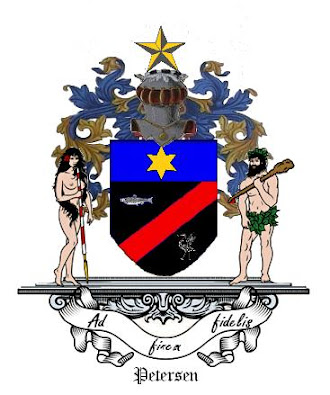CBA’s “Coinland” fails in it’s philanthropically inspired endeavour to teach children about Financial Literacy.
In order to make an evaluation of this “latest” philanthropic effort by the CBA to educate our youth about “Earning”, “Saving” and how to be “Financially Savvy” for the real world, we need to establish some equivalents for the purpose of doing so. So for this exercise, let’s say 1 Coinland coin = $1.00AUD and that the “Skills Packs” are a “Trade Qualification” for the worker and that the lack of a “Skills Pack” equates to “Unskilled Worker”. Bonus coins are paid to workers who beat their own best time/effort which eventually becomes more and more impossible to better. They also only provide banking facilities from one bank only (their own) and pay 4% interest per day which equates to 1,460% per annum (tax free). On the side of spending they charge realistic prices for rides, movies and buying clothes etcetera, (however teleportation is a bit of a stretch).
- Firstly, on the spending side of things most of the items and prices are basically comparable with their cost in the real world with a few exceptions.
- Teleportation? Is it possible in real life? What is wrong with Donkeys, Horses, Cars, Busses, Trains and Planes? Let alone what a child can really relate to like Scooters and Bicycles.
- 60 coins to become a Tradesperson in a given field? What happened to passing a proficiency test (doing a course) to get ahead in a given trade? Can you get a legitimate qualification in the real world just by paying a fee unless the system is intrinsically and FUND-A-MENTALLY corrupt?
- Paying a bonus coin for exceeding your best time/effort. This eventually becomes a disincentive when that time/effort becomes unsurpassable. Why not have it paid whenever the average time/effort is exceeded? Then there would be an on-going incentive to do the tasks, rather than no longer trying to do the job and being paid $2/minute ($120/hour) and doing nothing other than turning up for work and passing the time? You can agree to help serve drinks, serve none at all and still receive 3-6 coins for doing no work at all, just be there for 2 & ½ minutes. Who in the real world would get away with doing that time and again and not be dismissed or not be rehired?
- 1,460% per annum interest (tax free)? WOW I’d like to be able to get a 100th of that rate (tax free or not). How does that rate have any significant bearing on reality? Other than to brain-wash our children to use their product. When in the real world the product offered to children discriminates against children by paying a lousy 4% per annum while other people are paid up to 60% higher interest.
- Only 1 bank is offered to the players which is a monopoly. Whereas in real life there are many banks to choose from for investing your money.
The fact is, that the game has little (if any) bearing on reality. In reality the banks have what I call “Trap Accounts” for both Pensioners and Children. Pensioners are hoodwinked into having a “Pensioner Deeming Account” that pays 2% or so less than the Highest Rate available. In much the same way, children are hoodwinked/stymied into Children’s Bank Accounts paying at best 4% per annum interest when adults can earn 6.51% per annum at call. Who gets the rest of the interest, the bank does in the form of a greater margin on lending “your money” to others. A further disincentive to a child’s potential financial future is imposed by the government, by limiting the amount a child can earn in interest to about $500 per annum before having to pay tax, whereas an adult can earn in excess of $6,000 before they pay any tax at all on their income.
In summary, maybe one day children and pensioners will not be taken advantage of by the banks and the ATO, but I don’t think it will happen anytime soon.
© by Christopher John Petersen
.jpg)
No comments:
Post a Comment